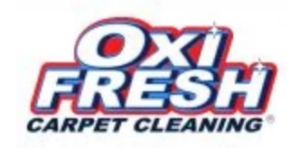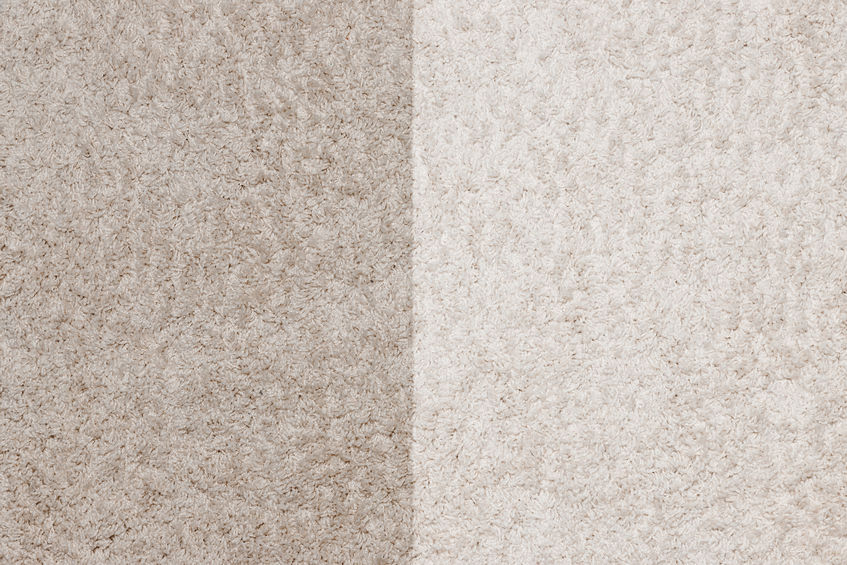Water waste is an issue that’s gaining attention, but it is still massively underappreciated and that’s a big problem. The Environmental Protection Agency (EPA) reports that the average family can waste 180 gallons per week—or 9,400 gallons of water annually— and that’s just from household leaks. You could wash more than 300 loads of laundry with that amount of water. Even without waste caused by leaks or mismanagement, the EPA maintains water consumption cut we cut by at least 20 percent by simply installing or using water-efficient fixtures, appliances and services. One of these may very well be more efficient carpet cleaning operations. At least that’s what Dhawal Balani, Business Operator of Oxi Fresh Carpet Cleaning in Secaucus, New Jersey, believes. He said as much when recently speaking with WellWell about the various environmental and efficiency mistakes many carpet cleaners often make and how his company attempts to avoid them.
How are Oxi Fresh eco-cleaners able to reduce their environmental impact in comparison to regular cleaners?
The company was founded on the value of low moisture systems, an innovation already based in the reduced use of water. Most carpet cleaners use anywhere between 10 and 20 times more water than Oxi Fresh. Beyond conserving water, we prioritize safer products. It’s how we were able to score the EPA safer choice label.
On your site, you claim to use up to 90 percent less water than your competitors. But does the lack of water impact your overall ability to clean?
It’s actually more efficient. Historically, carpet cleaners have been steaming systems, water based that are only moderately effective and incredibly wasteful. We use more of an encapsulation system in which we agitate dust, dirt, and whatever else may be lurking in the carpet by actively breaking them up, making them easier to scrub out. It’s a lot greener and longer lasting.
Why do you think other companies haven’t adopted these techniques that use less water? I’d assume by using less water, you’re also saving money as a company.
It’s a great question that I’m honestly not really sure of the answer. I think people and by extension their companies are by naturally hesitant of change. Especially when they’d have to alter large portions of their entire system and approach. But it’s shortsighted, the benefits are obvious.
Another common environmental issue with carpet cleaning is not only the water wasted but how the company disposes the solid waste that’s generated from the cleaning process. How does Oxi Fresh approach this occurrence and dispose of their waste?
Firstly, we’re committed to avoiding any hazardous chemicals or toxins in the cleaning process. As for waste, the way we do it is essentially pull out the dirt from the carpet then place it in the cleaning machine which condenses it into such a small package, it can easily be disposed. Honestly, it’s small enough to be flushed down the toilet and there’s not any chemical additives or toxins so it’s fairly harmless.
Do you think the industry will soon catch on and adapt?
I hope so. Really, because these are serious issues and we don’t have much more time to change our ways.
 About Dhawal Balani
About Dhawal Balani
Dhawal Balani is a graduate of Rutgers University and Business Operator of Oxi Fresh Carpet Cleaning in Secaucus, New Jersey.
Learn More at www.oxifresh.com












